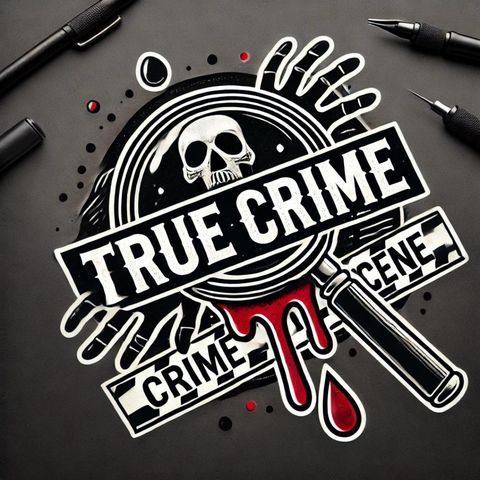The West Memphis Three The case of the West Memphis Three involves the 1993 murders of three eight-year-old boys in West Memphis, Arkansas, and the subsequent controversial convictions of three local teenagers. This case has become one of the most well-known examples of alleged wrongful convictions, sparking debates over the role of media, judicial errors, and the influence of public hysteria. The Murders On May 5, 1993, three eight-year-old boys—Steve Branch, Michael Moore, and Christopher Byers—were reported missing in West Memphis, Arkansas. The following day, their bodies were discovered in a drainage ditch in a wooded area known as Robin Hood Hills. The boys had been brutally beaten, hogtied with their own shoelaces, and one of them, Christopher Byers, had injuries indicative of possible sexual mutilation. Investigation and Arrests The shocking nature of the crime quickly garnered intense media attention, and the small town was gripped by fear and outrage. Under pressure to solve the case, the police focused on three local teenagers: Damien Echols, Jason Baldwin, and Jessie Misskelley, Jr. The teenagers, who were known for their interest in heavy metal music and unconventional behavior, became prime suspects partly due to the belief that the murders were related to satanic rituals—a theory fueled by the "Satanic Panic" of the 1980s and early 1990s. Jessie Misskelley, who had an IQ of 72 and was considered mentally impaired, was interrogated for several hours without legal counsel or parental presence. He eventually gave a confession implicating himself, Echols, and Baldwin. However, the confession was inconsistent with the evidence and contained numerous factual inaccuracies. Despite these discrepancies, Misskelley’s confession became a cornerstone of the prosecution’s case. Trials and Convictions The trials of the West Memphis Three were fraught with controversy and questionable practices. Jessie Misskelley was tried separately and convicted of first-degree and second-degree murder, receiving a life sentence plus 40 years. His confession, despite being recanted, was used against him. Damien Echols and Jason Baldwin were tried together. The prosecution's case relied heavily on Echols' interest in occult practices and the testimony of dubious witnesses. The defense's attempts to introduce alternative suspects and highlight the lack of physical evidence linking the teenagers to the crime were largely unsuccessful. Echols was sentenced to death, while Baldwin received a life sentence without the possibility of parole. Controversy and Appeals As the years passed, numerous inconsistencies and potential judicial errors in the case came to light. Documentary films, starting with "Paradise Lost: The Child Murders at Robin Hood Hills" (1996) and its sequels, brought international attention to the case and raised serious doubts about the guilt of the three men. These documentaries, along with advocacy from celebrities and legal experts, argued that the convictions were the result of a flawed investigation, prosecutorial misconduct, and a rush to judgment influenced by local hysteria. DNA testing conducted in the 2000s failed to link any of the West Memphis Three to the crime scene, further undermining the prosecution's case. Instead, some DNA evidence pointed to other individuals, including the stepfather of one of the victims, though this did not conclusively prove guilt. Alford Plea and Release In 2011, after 18 years in prison, the West Memphis Three entered Alford pleas, which allowed them to assert their innocence while acknowledging that the prosecution had enough evidence to convict them. This legal maneuver resulted in their release but did not exonerate them. Damien Echols, who had spent years on death row, along with Jason Baldwin and Jessie Misskelley, were freed on August 19, 2011. Impact and Legacy The case of the West Memphis Three has had a profound impact on the public’s perception of the American justice system. It highlighted issues such as the reliability of confessions obtained under duress, the influence of media and public opinion on legal proceedings, and the importance of DNA evidence in achieving justice. The case also spurred ongoing efforts to reform the criminal justice system and prevent wrongful convictions. Advocacy groups and legal experts continue to work towards full exoneration for Echols, Baldwin, and Misskelley, as well as for broader changes to ensure fair and just legal processes. Conclusion As we explore the case of the West Memphis Three on True Crime, we will delve into the detailed timeline of events, the investigation, and the broader societal implications of this controversial case. Join us as we examine the evidence, the impact on the community, and the ongoing efforts to address issues of wrongful convictions and judicial reform. The story of the West Memphis Three serves as a powerful reminder of the complexities of the legal system and the importance of vigilance in the pursuit of justice.
show less

